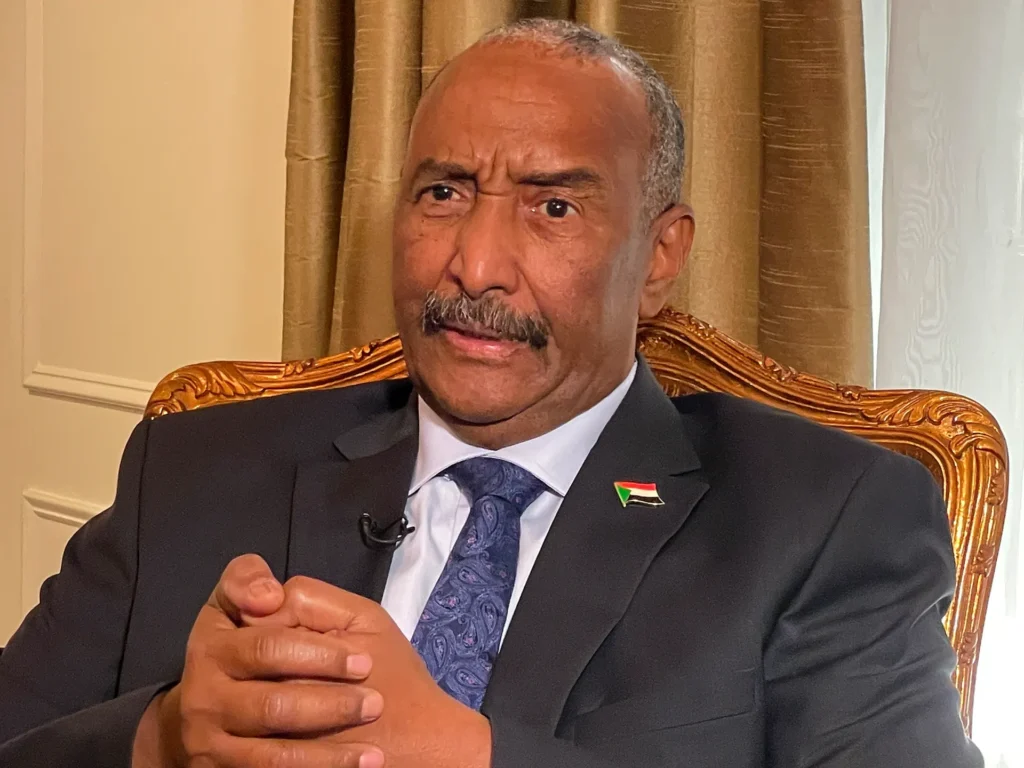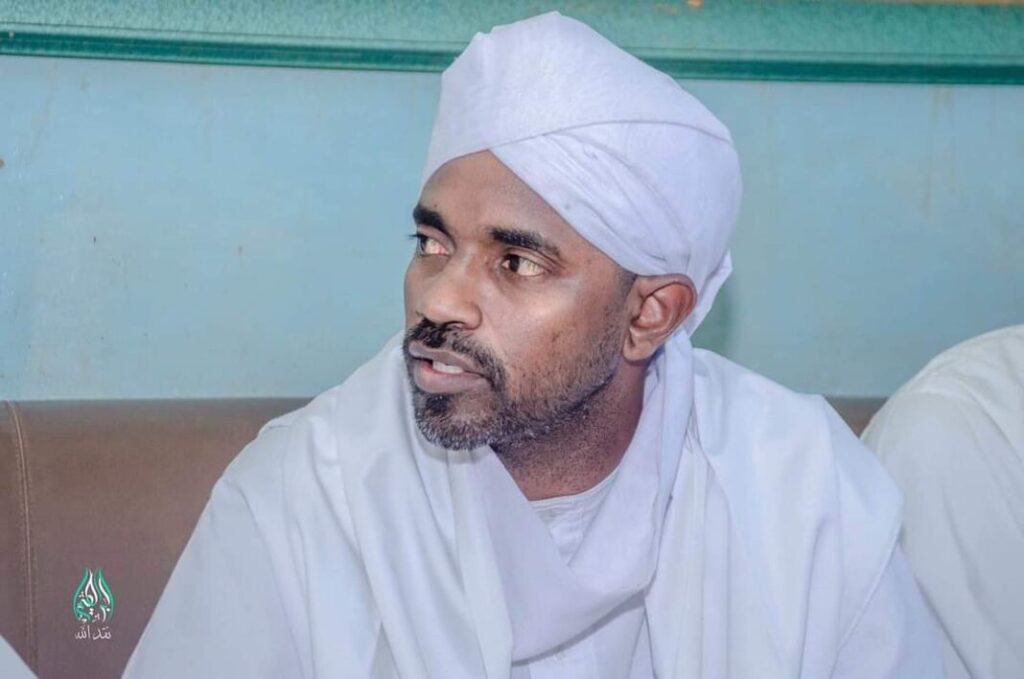
Thousands of people are stranded on the streets of Kassala, eastern Sudan, as heavy rains exacerbate the suffering of over a million Sudanese refugees fleeing a 15-month-old war. The rainy season, which began this month, has already damaged shelters, made roads impassable, and increased the risk of water-borne diseases across the country.
More than 10 million people have been displaced within Sudan, with numbers rising as the Rapid Support Forces (RSF) expand their territory in the conflict with General al-Burhan’s army.
The war, which started in April 2023, has led to warnings of famine and what the UN calls the world’s largest humanitarian crisis.
Approximately 765,000 people are sheltering in Gedaref state and over 255,000 in Kassala state, which experienced the worst of the rains over the weekend.
Recently, 165,000 people from Sennar state have arrived, many on foot in the rain. In Kassala city, over 10,000 people are packed into the few remaining empty buildings, including a school courtyard and an empty hangar, which quickly flooded.
“We endured the sun, but we can’t handle the rain,” said Nada Omer, one of the displaced. Many are now waiting under store awnings or tarps, with heavy rains expected to continue until September. Some have rejected plans to move outside the city due to lack of income opportunities.
“We are waiting in the street and have nowhere to settle,” said Hussein Abdo, another displaced person. At least five people have reportedly died due to the rains.
Earlier arrivals from Khartoum or El Gezira state, or slightly drier al-Gedaref, are also struggling, sleeping on the floor in schools with few services and makeshift toilets that have flooded.
Little was done to prepare for the situation, according to Plan International’s Mohammed Qazilbash. “We are coming up to 500 days of the war, and everybody is exhausted… It’s one tragedy over another,” he told Reuters.
The government and aid workers are bracing for a rise in water-borne diseases like cholera, malaria, and dengue fever, with few medicines available. “We are sharing what is available, but it is above our capacity,” said Dr. Ali Adam, head of the state health ministry.
The rainy season affects most of the country. Last week, over 1,000 houses and 800 latrines were destroyed by rain at Zamzam camp in North Darfur, where famine is likely.
Meanwhile, the RSF continues its advance, reaching an area about 180 km from Gedaref, one of the states sheltering the most people.




